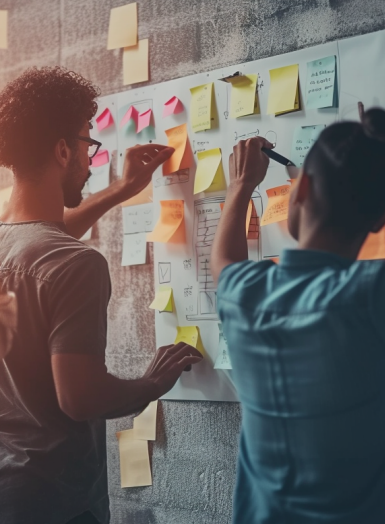The 2019 census conducted by the Kenya National Bureau of Statistics (KNBS) revealed significant gaps in educational attainment across the country. Only 3.5 percent of the population has completed tertiary education, and another 7 percent have undergone middle-level or technical and vocational training (TVET). With nearly half of the population having only primary education and 24.5 percent completing secondary education, the need for targeted skills development is evident.
Kenya’s youthful population, with 75.1 percent under the age of 35, faces significant challenges, particularly in rural areas where 68.9 percent of the population resides. Rural-to-urban migration, driven by limited employment opportunities, has further widened the skills gap, particularly in the agricultural sector, which contributes approximately 30 percent of Kenya’s GDP. The declining involvement of youth in agriculture and other rural economic activities has led to reduced productivity and underdevelopment in these areas.

COMASI is involved in various programs aimed at
improving community life.
With the support of generous donors and sponsors,
these projects can make a positive impact on the
community.
Get to know what’s happening at Comasi today.
Get to know what’s happening at Comasi today.